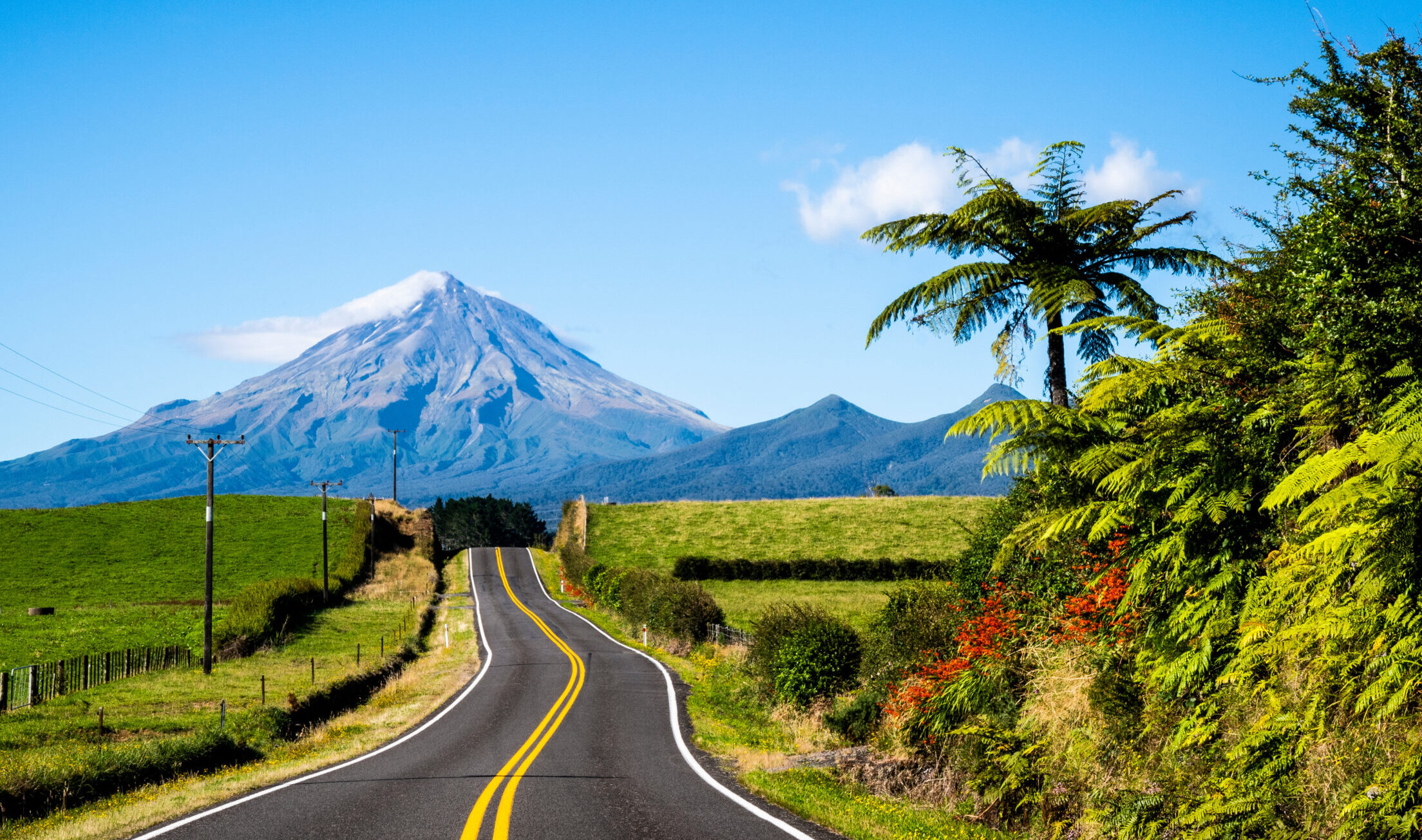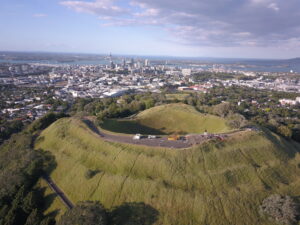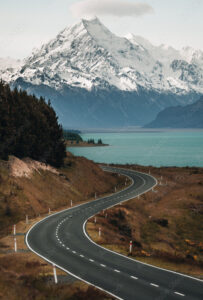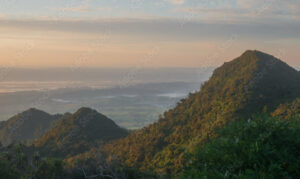

HAERE MAI, and welcome to the kōrero column for June. Maunga (mountains) are powerful features of the Aotearoa landscape and hold immense cultural importance for tangata whenua.
Whether they be the volcanoes of Te Ika-a-Māui (the North Island) or the towering ranges of Te Tiritiri-o-te-moana (the Southern Alps), maunga are sacred to local iwi and are often named after their ancestors.
Naming their ancestral link to a maunga is one of the ways a Māori person introduces themselves, through a speech called a pepeha. In the pepeha, they will establish their identity and links to others through reciting the names of their ancestral maunga, awa (river), waka and marae, along with their iwi and hapu.
Kupu hou (new word)
- Maunga (mountain) — pronounced “mow-ng (ng as in “king”) -ah”
- Ko Taranaki tōku maunga. — My mountain is Taranaki.
More words related to maunga:
- pae maunga — mountain range
- te ihoiho o ngā maunga — the sinews of the mountain (ie the tribes of that area)
- tūpuna maunga — ancestral mountains
- rangitoto/puia — volcano
- puia korehāhā — extinct volcano
- puia moe — dormant volcano
- puia oho — active volcano
Whakataukī (proverb)
Whāia te iti kahurangi, ki te tuohu koe, me he maunga teitei.
Seek the treasure you value most dearly. If you bow your head, let it be to a lofty mountain.
(This whakataukī is about perseverance and endurance — refusing to let obstacles get in your way while striving to reach your goals.)
E mihi ana ki a Titihuia Pakeho rāua ko Mairi Lucas.
Sources:








